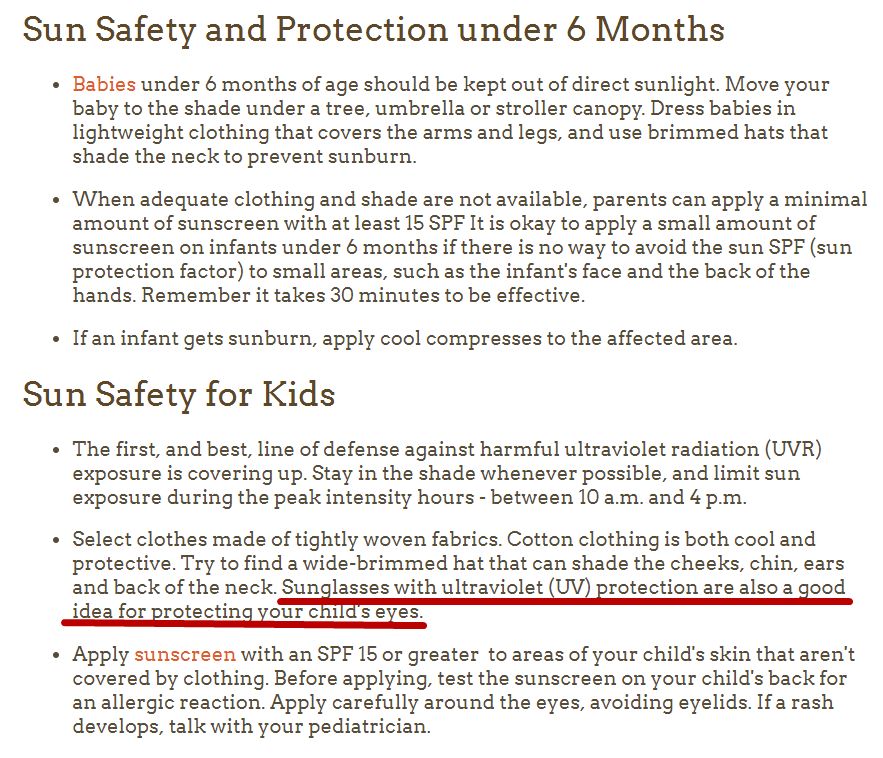Weed Killer Pet Safety: Protecting Your Furry Friends from Dangers
Guide or Summary:Understanding the RisksPreventive MeasuresEmergency ResponseIn an age where lawns and gardens are meticulously maintained, the use of weed……
Guide or Summary:
In an age where lawns and gardens are meticulously maintained, the use of weed killers has become a common practice among homeowners. However, the safety of pets, especially those who roam freely in outdoor spaces, is a significant concern. Weed killers, while effective in eliminating unwanted vegetation, can pose serious health risks to pets if not used carefully. As a pet owner, it's crucial to understand the potential hazards and take proactive measures to ensure the safety of your furry friends.
Understanding the Risks
Weed killers typically contain chemicals such as glyphosate, which is known to be relatively safe for humans but can be toxic to pets. When pets ingest or come into contact with these chemicals, they can experience a range of symptoms, including vomiting, diarrhea, lethargy, and in severe cases, organ damage or even death. The impact of weed killers on pets can vary depending on the type of chemical used, the concentration of the product, and the duration of exposure.
Preventive Measures
To safeguard your pets from the dangers of weed killers, it's essential to take preventive measures. Here are some tips to help you keep your pets safe:
1. **Read Labels Carefully**: Always read the label of any weed killer you use to understand the potential risks and the appropriate safety precautions.

2. **Apply at the Right Time**: Apply weed killers when pets are less likely to be in the area, such as early in the morning or late at night.
3. **Use Safe Alternatives**: Consider using alternative methods for weed control, such as mulching, hand weeding, or using organic weed killers that are specifically designed to be pet-safe.
4. **Keep Weed Killers Out of Reach**: Store weed killers in a secure location where pets cannot access them. If accidental ingestion occurs, seek veterinary assistance immediately.
5. **Monitor Your Pets**: Keep a close eye on your pets, especially when they are outside. If you suspect they have come into contact with weed killer, contact your veterinarian for advice.

Emergency Response
In the event that your pet has ingested or come into contact with weed killer, it's crucial to act quickly. Here are steps you should take:
1. **Contact Your Veterinarian**: Call your veterinarian immediately to discuss the symptoms your pet is experiencing and to receive specific advice on how to proceed.
2. **Provide Detailed Information**: When speaking to your veterinarian, provide as much information as possible about the weed killer your pet has come into contact with, including the type of chemical and the concentration.
3. **Seek Immediate Medical Attention**: In some cases, your veterinarian may recommend immediate medical attention. Take your pet to the nearest veterinary clinic as soon as possible.

4. **Follow Veterinary Advice**: Your veterinarian may recommend specific treatments, such as flushing the pet's stomach or administering medications to counteract the effects of the chemical.
By taking these steps, you can help ensure the safety and well-being of your pets in the face of potential hazards posed by weed killers. Remember, prevention is key, and by implementing these measures, you can create a safer environment for your furry friends to thrive in.
In conclusion, while weed killers are an effective tool for maintaining a beautiful lawn, it's imperative to use them responsibly and with an awareness of their potential impact on pets. By taking proactive steps to protect your pets from these dangers, you can enjoy a lush, green lawn without compromising the health and safety of your beloved animals.